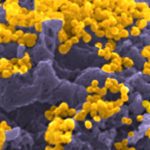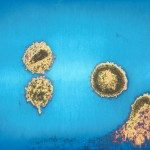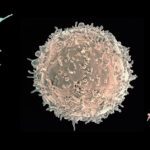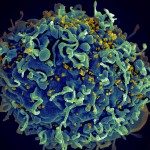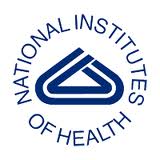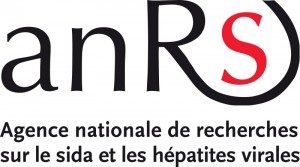Présentation
Rare infected individuals who initiated antiretroviral therapy (ART) very early during primary infection can enter in remission after its interruption, a phenomenon known as post-treatment control. Interestingly, early treatment has been associated with the protection of B cell responses. In addition, accumulating evidences from studies on “natural controllers”, who can control viremia in absence of treatment, argue for a potential role of antibodies in controlling infection. Although HIV-specific antibodies were shown to be positively associated with the lack of or slow progression towards AIDS and their participation in decreasing viremia is, however, not completely clear and still disputed. We thus wondered; Do antibody responses participate to the post-treatment control of HIV-1 infection? To answer this question, in a study funded by the NIH/NIAID and in collaboration with RHIVIERA consortium of the ANRS, we are currently characterizing the antibody and memory B-cell responses to HIV-1 in post-treatment controllers (PTC).
To achieve this goal, we are performing an humoral immunoprofiling on the 25 PTCs identified so far, and on matched eART HIV+ donors who did not control the infection after ART interruption. The humoral response in patients is scrunitized at a cellular and serological level with more than hundred clinico-virological and humoral parameters being measured.
